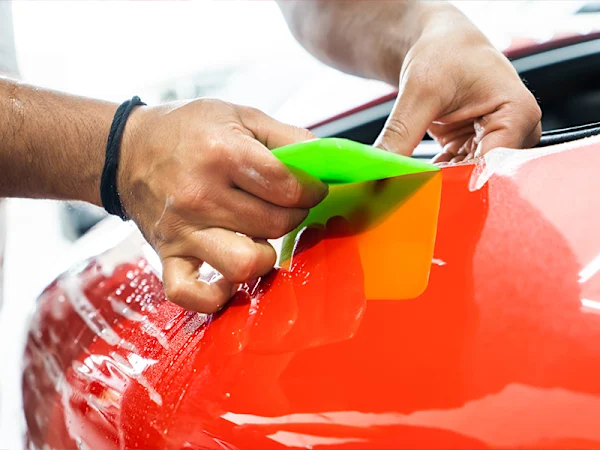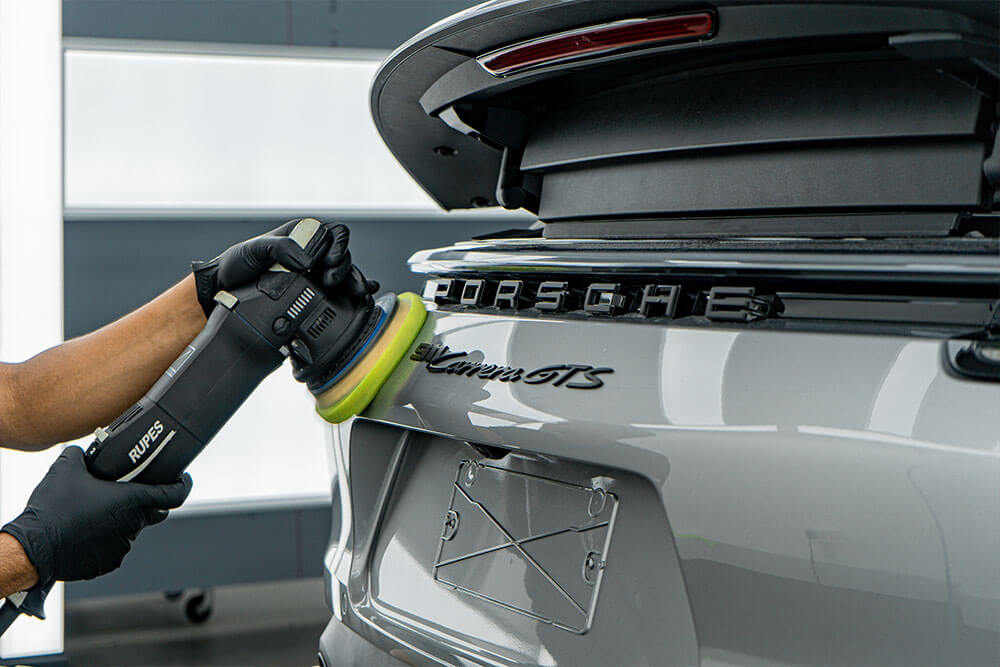
Regular car maintenance is essential for keeping your vehicle running smoothly and extending its lifespan. However, certain mistakes in routine care can lead to unnecessary wear or costly repairs down the line. Here are five common car maintenance mistakes to watch out for, along with tips on how to avoid them.
1. Ignoring Regular Oil Changes
Oil is the lifeblood of your engine, keeping all the moving parts lubricated and preventing wear. Skipping or delaying oil changes can lead to engine sludge, overheating, and even engine failure. While many people understand the importance of changing the oil, it’s easy to push it off or forget it.
How to Avoid: Follow the manufacturer’s recommended oil change intervals, typically every 7,500 – 15,000 kilometres for most cars. Keep a record of your last oil change, and if possible, set reminders on your phone to ensure you stay on schedule.
2. Neglecting Tire Care
Tires are critical for vehicle safety and performance, yet they’re often overlooked. Driving with improper tire pressure or uneven tire wear can lead to poor fuel efficiency, rough handling, and even blowouts.
How to Avoid: Check your tire pressure monthly, as well as before long drives, to ensure they’re within the recommended range (usually found in the owner’s manual or on the driver’s side door frame). Rotate your tires every 10,000 kilometers to promote even wear, and inspect for any visible damage or signs of aging.
3. Overlooking Fluid Levels
Besides oil, your car relies on various fluids—coolant, brake fluid, transmission fluid, and windshield washer fluid. Low or contaminated fluids can lead to overheating, poor braking performance, or other mechanical issues. Many car owners either forget to check fluid levels or assume they’re fine until the next scheduled service.
How to Avoid: Regularly check each fluid level, or have a mechanic do it during routine service visits. Top up any low fluids and replace them according to the car’s maintenance schedule. Using the recommended types and grades of fluids is essential to ensure your vehicle operates smoothly.
4. Forgetting About the Battery
Car batteries don’t last forever, and extreme weather or long periods without use can drain them faster. Waiting until your car won’t start to think about the battery can leave you stranded at the worst moment.
How to Avoid: Check your battery’s condition every six months and clean off any corrosion around the terminals. If your battery is over three years old, have it tested regularly to confirm it’s still holding a charge. Replacing it before it dies unexpectedly saves you the hassle of an unplanned breakdown.
5. Skipping Brake Inspections
Brakes are crucial for safety, yet many car owners wait until they hear squealing or feel a decrease in braking power to get them checked. Worn-out brake pads or low brake fluid can compromise your stopping power, increasing the risk of accidents.
How to Avoid: Have your brakes inspected at least once a year, and pay attention to any changes in braking performance, such as squeaking, grinding, or a soft brake pedal. If you notice any issues, get them checked immediately. Regular brake maintenance ensures that your car’s braking system is responsive and reliable.
Final Thought
Avoiding these common car maintenance mistakes helps keep your vehicle in excellent condition and ensures a smoother, safer drive. By staying proactive about oil changes, tire care, fluid levels, battery health, and brake inspections, you can reduce the risk of costly repairs and enjoy peace of mind on the road.


